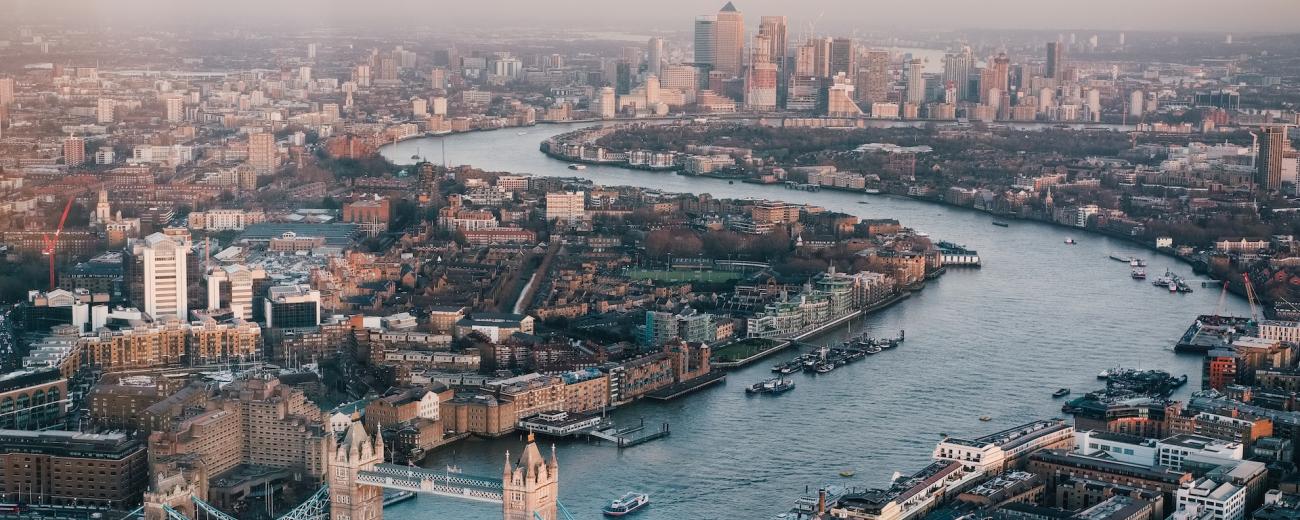
Panel Discussion on Protecting Academic Freedom and Integrity on University Campuses

Key information
- Date
- Time
-
5:00 pm to 7:00 pm
- Venue
- Paul Webley Wing, Senate House, SOAS
- Room
- Wolfson Lecture Theatre (SWLT)
About this event
Academic freedom and integrity are principles that we, at British universities, take for granted.
But with the rise of China and other countries which do not respect these principles working to extend their influence on British campuses, can and should we rest in the belief that these values are not at risk? Have changes like the Hong Kong National Security Law with extra-territorial applicability, reliance on some universities on overseas students from a particular country of origin, and the use of research collaboration by some countries to support their military technological advancements make challenges to academic freedom and research integrity more serious?
This panel discussion draws on the knowledge of experts from different regions and countries to discuss the nature of undesirable influences being extended to British universities, and what universities can and should do to ensure academic freedom and integrity.
Meet the panellists
Professor Rachel Harris is the Professor of Ethnomusicology at SOAS. Her research centred on China and Central Asia, especially on the Uyghurs. She has conducted field work in Xinjiang, Kazakhstan, and Kyrgyzstan for two decades.
She was the principal investigator on the AHRC network (2013-5) and for the Leverhulme Project on ‘Sounding Islam in China’ (2014-7). She also has extensive experience dealing with challenges scholars of Uyghur heritage must confront, on campus and beyond.
Dr Tim Pringle is Reader in Labour, Social Movements and Development at SOAS, as well as the Editor of The China Quarterly, the leading journal in the study of contemporary China. He is the author of two books on different aspects of trade unions in China, Russia and Vietnam as well many articles in academic journals and collaborative books on China.
His most recent works are (with Sophia Woodman) ‘Between a rock and a hard place: academic freedom in globalising Chinese universities’, The International Journal of Human Rights (2022); and (with Sophia Woodman), ‘Differentiating risks to academic freedom in the globalised university in China’, Philosophy and Social Criticism (2022).
Dr. Nafeez Ahmed is a systems theorist, change strategist, investigative journalist, author and academic. He is the author of the report State Propaganda in Syria: from War Crimes to Pipelines, published by Queen Mary University’s International State Crime Initiative, and exposed China’s efforts to infiltrate Silicon Valley for Coda Story.
He served as editor of the crowdfunded investigative journalism platform INSURGE intelligence; the Former Director of Global Research Communications at RethinkX; Special Investigations and Global Trends Reporter at Byline Times.
Dr. Hassan A.Abdein, Senior Advisor to The Concordia Forum on public policy issues. He is also a consultant in mediation and conflict resolution for international and multilateral organisations. Previously, he taught Politics and International Relations at the University of Oxford and held senior roles in the Organisation of Islamic Cooperation (OIC), where he led on joint projects with the European Union and the United Nations.
Chair: Professor Steve Tsang (Director, SOAS China Institute)
Organisers
This panel discussion is organised by the SOAS China Institute in partnership with Global Ties US and the US Embassy in London, which recently organised an exchange to the US on academic freedom for greater cooperation on the subject.
Registration
This event is open to the public and free to attend, however registration is required.
Please note that this event is taking place on campus and will not be live-streamed.
Photo by Benjamin Davies on Unsplash


